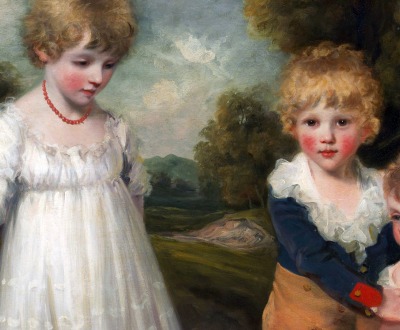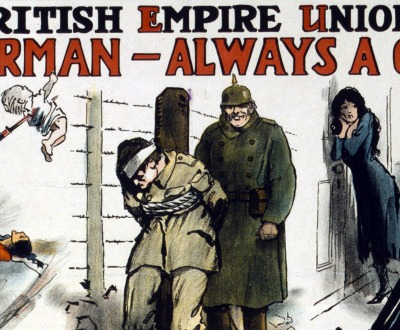Miscellany
At a meeting of the British Association for the Advancement of Science in 1860, Bishop Samuel Wilberforce asked T.H. Huxley, who came to be known as “Darwin’s Bulldog,” if it was on his grandmother’s or his grandfather’s side that he was descended from a monkey. To which Huxley reportedly replied, “I should feel it no shame to have risen from such an origin; but I should feel it a shame to have sprung from one who prostituted the gifts of culture and eloquence to the service of prejudice and of falsehood.”
Miscellany
Using symbolically coded messages hidden in beer barrels, Catholic conspirators communicated with the imprisoned Mary, Queen of Scots, about a plan to kill Elizabeth I. Francis Walsingham, the queen’s spymaster, obtained a message, employed a codebreaker, and found evidence that Mary approved of the assassination. She was beheaded for treason in 1587.
Miscellany
On April 2, 1877, at London’s Royal Aquarium, a fourteen-year-old girl with the stage name Zazel became the first female to perform the human-cannonball trick in public. She later worked for P. T. Barnum, who, in response to the “Dangerous Performances Bill” under consideration by British Parliament, wrote defensively to the New York Times in 1880 that he paid Zazel $250 a day—“I should never have invested this large sum in any feature, however attractive, had I not known it was placed beyond the chance of accident.”
Pages



